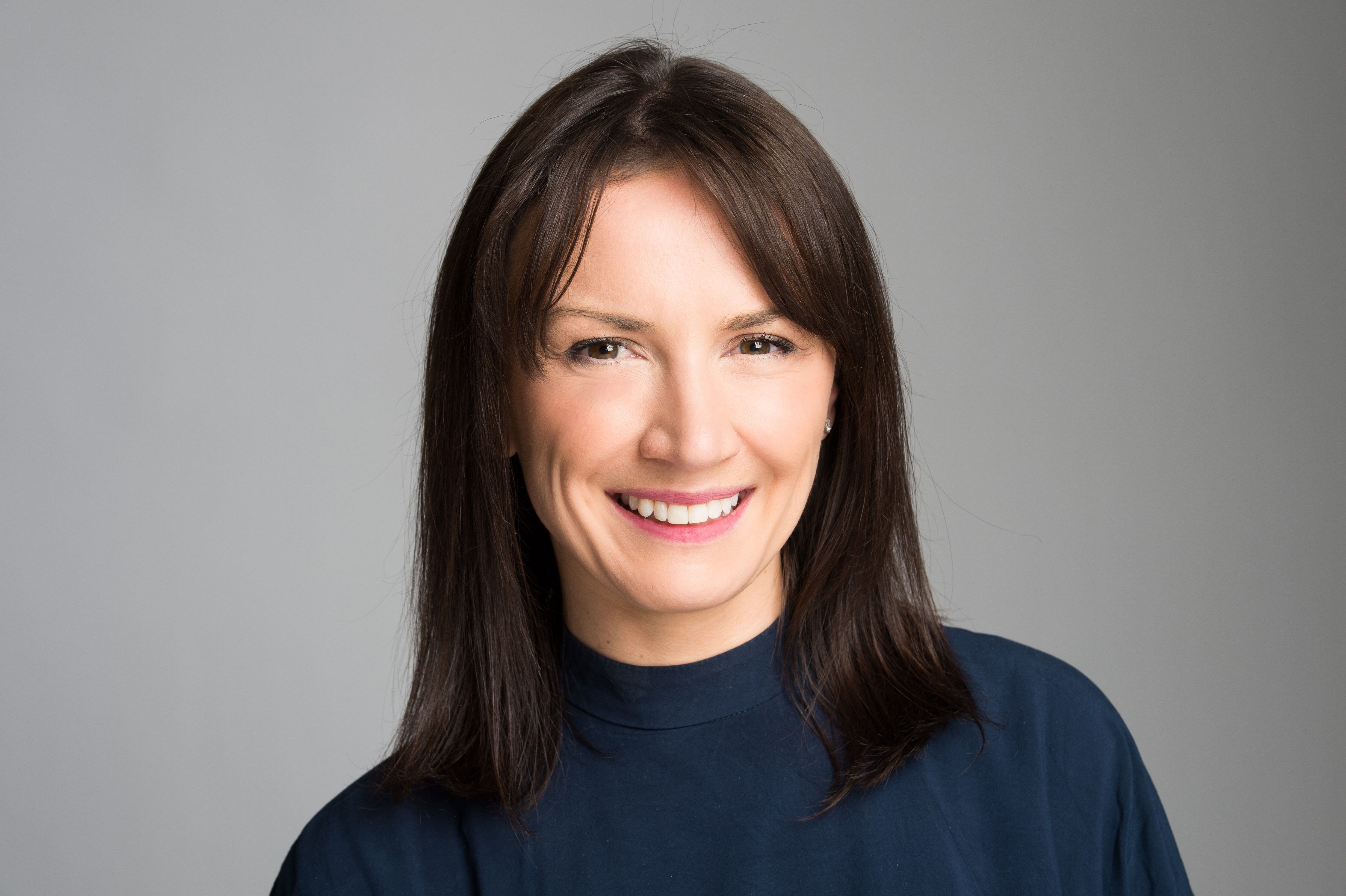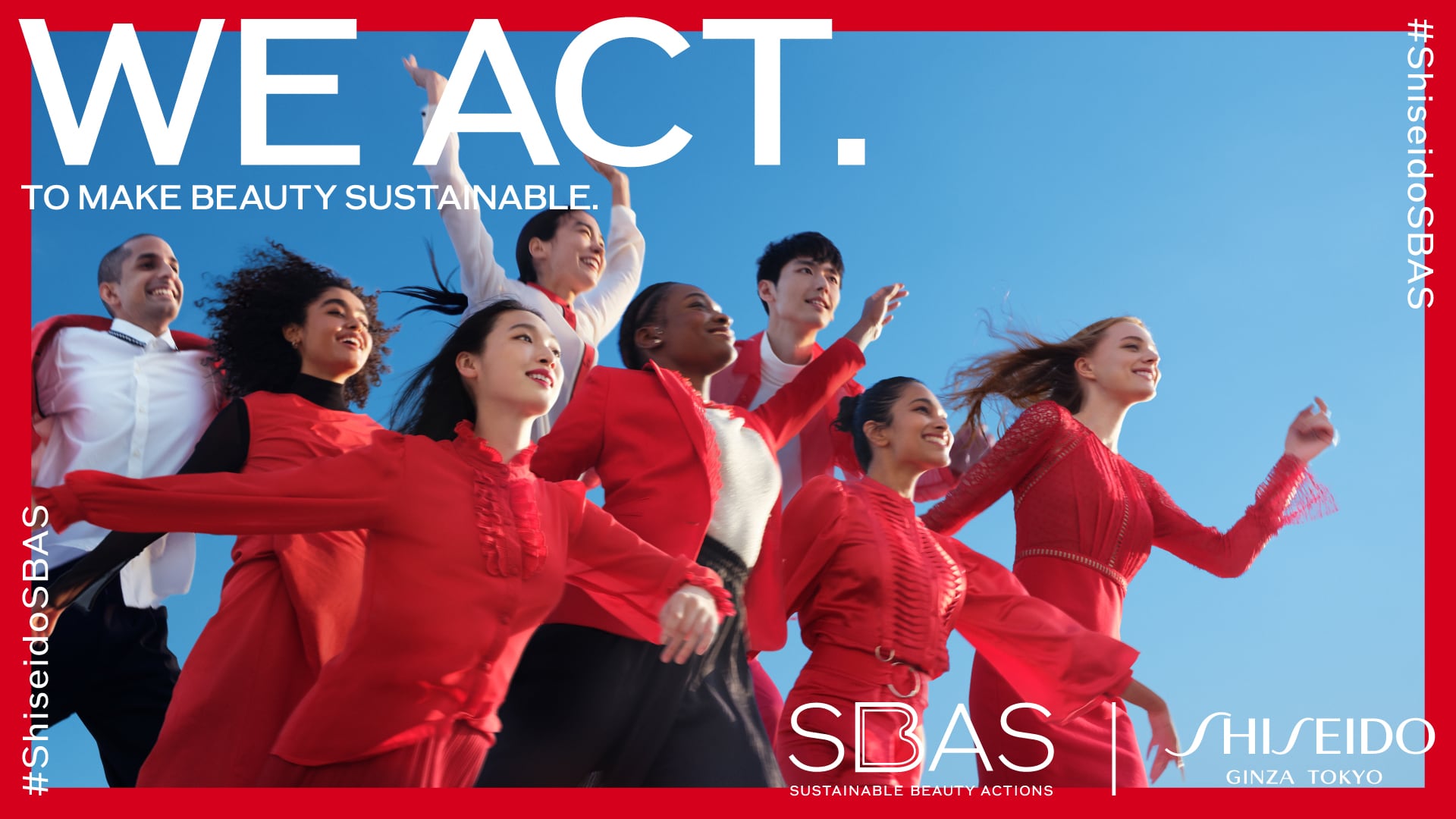The Courage to Change sustainability report contained a raft of independent analysis and expert insight on current beauty actions and consumer trends around sustainability, along with clear recommendations on what had to happen moving forward. The report called on industry to “work together” and “work with the urgency that the situation demands” to drive sustainable beauty forward.
The British Beauty Council said it wanted to “lay out a vision” and set industry “on the right path”.
Sustainable beauty action – ‘the climate crisis isn’t going away’
Anna Teal, advisory board member and founding patron of the British Beauty Council, said the overarching goal of the sustainability report was to simply “start the conversation”.
“The report was never intended to be the end; the report being issued is actually the beginning,” Teal told CosmeticsDesign-Europe.

And it had been issued at an incredibly important time, she said. “It’s come at a critical time. We have issued the report through the pandemic period because the climate crisis isn’t going away. Regardless of whether there’s a pandemic or not, the challenge remains that a climate emergency has been declared and there is insufficient collective action being undertaken to really make the strides that could be made with a more concerted and collective effort.”
Teal said there were three key takeaways from the report that were important for industry: the business case for sustainability was rising fast; there was still a clear need to improve transparency and openness, particularly when communicating to consumers; and there was also a need to strengthen work and ties with the UK government.
Industry collaboration across key business areas like supply chain logistics, packaging and processing, she said, would also be vital. “Understanding where the biggest impacts are will be critical.”
For many large companies, Teal said most of this came from early-stage logistics – the moving around of raw materials, ingredients or components ahead of processing often created the largest carbon emissions – and so changing to more localised manufacturing could help. Water use was also a key concern for the beauty industry, she said, given water scarcity issues in widespread areas across the globe. Packaging was another important business area to look at, she said, with a significant number of innovative materials and inventions coming to market set to unlock great potential for industry.
The ‘appetite’ is there – fashion and food can provide inspiration
“We’re not saying this is easy; the Council isn’t saying they have the answer, hence why we’ve called it the ‘Courage to Change’ report because we know it’s not going to be an easy undertaking. We’re venturing on this road with a big, courageous ambition,” Teal said.
However, she said what was important was the beauty industry had the desire to change, which aligned well with consumer expectations and needs. “There is industry appetite. The key is how we can unite to make that appetite stronger and more accelerated and with a greater degree of impact than it’s having currently.”
Moving forward, British beauty could learn from other sectors, she said, notably fashion and food. The global fashion industry, for example, already had a range of collaborative sustainable efforts, including The Fashion Pact and The Sustainable Apparel Coalition, and the food industry had long collaborated on important issues – the industry-wide UK traffic light labelling system being just one good example, she said.
Drawing inspiration from the food traffic light labelling system, which was “really clear” for consumers, Teal said, could be one option for sustainable cosmetics moving forward. “Whether this is realistic or possible, having something that is as simple for consumers to understand in that regard would be wonderful, because if you go to the appendix of the [Courage to Change] report, you will see just how many different accreditations there are in cosmetics, and they all mean slightly different things.”
This was why she remained “such a big personal fan” of the B Corporation certification – because it covered such a broad scope of important issues. “In that one mark, as difficult as it is to gain – and I can say that because I’ve just led Aromatherapy Associates through this certification process – it is a very holistic certification because you have to demonstrate your commitment to environmental issues; people issues; community issues (…) And it’s based on continuous improvement as well.”
A ‘multiple-year’ strategy for British beauty, the launch of a Sustainable Beauty Coalition
Much like how difficult it was to obtain certifications like B Corp, Teal said a sustainable beauty future would also take time and effort.
“This is going to be a multiple-year strategy that’s going to be implemented and it needs to be connected in as closely as possible with government,” she said.
It would also need to align with existing global goals – like the United Nations Sustainable Development Goals (SDGs) referenced in the report – and work alongside current beauty brand plans and efforts, she said. “We’re not seeking to replace those because each brand and company will be on their own agenda. But what we would like to form is, on an industry level, the goals we’d like to target that could link in with government ambitions and particularly with the UN’s development agenda.”
Teal said the British Beauty Council would establish a Sustainable Beauty Coalition as part of this, that was able to co-create the overarching framework for action that British beauty needed.




